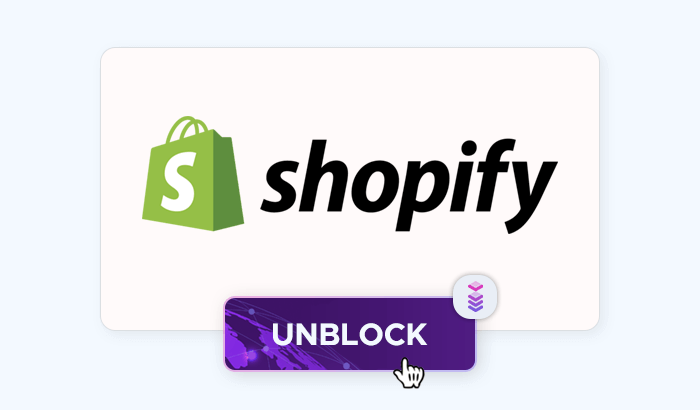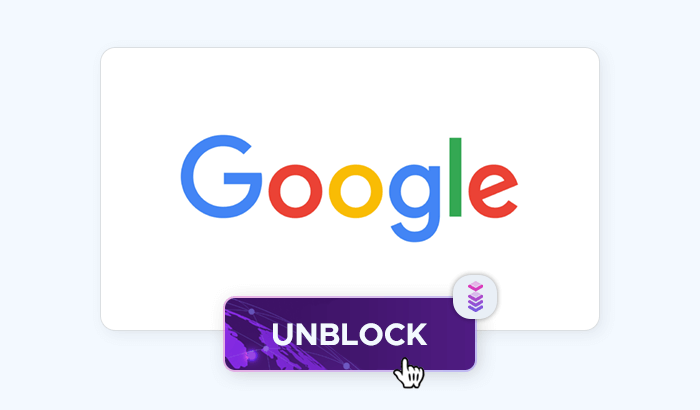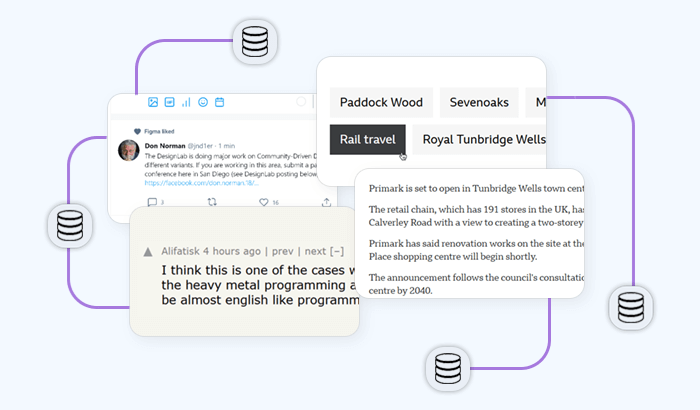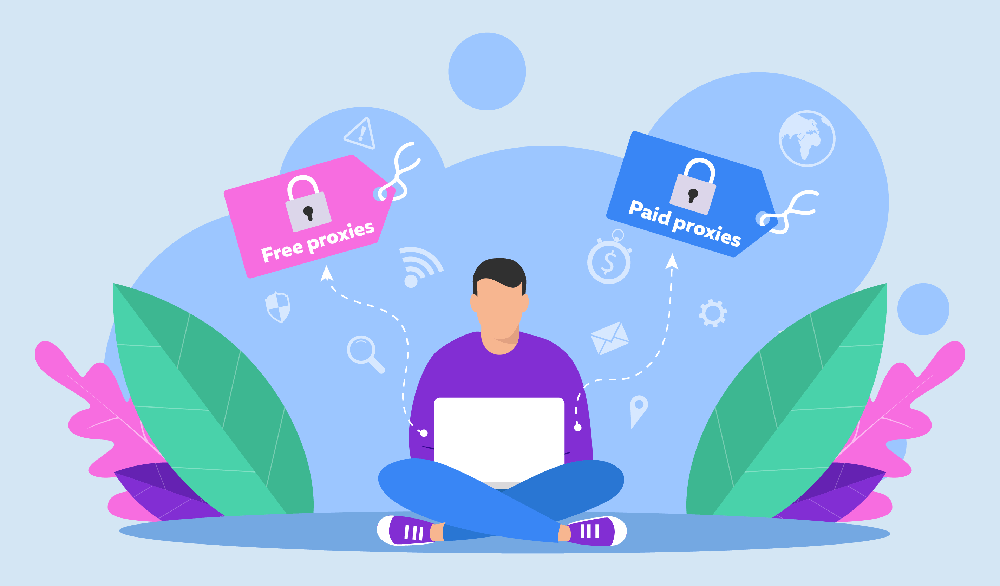
You might be asking yourself the following question: “What are the differences between paid and free proxies?”. Perhaps, we can convince you that, when it comes to free services, there may be a hefty price to pay.
Whether you’re an individual trying to conceal your confidential information from a website you’re visiting or a product developer looking to dig into the vital information of a competitor, the question above surely leaves you confused.
It may be tempting to use a free proxy, which, as the name suggests, is free of cost. However, you may be concerned about its security. As someone who wants to keep your information private and anonymous, you may be thinking if free proxies are really free. Then again, there are also paid proxies — their functionality seems to be the same. So how do they compare?
Before we delve deeper into this topic, let’s have a little review. What are proxies? On their most basic level, they are a tool to protect your information, much like a barrier that lets you access and view website information without this website receiving your data.
Simply put, a proxy server is a buffer between you and the internet. It works as a middleman that filters out specific requests based on the server’s rules. Generally, it functions like this:
- User connects to the server and requests a service or information (typically, this means connecting to a resource such as a file or a website).
- Proxy will apply the filtering guidelines to the user’s request.
- Upon verification, the proxy sends it to the appropriate server.
- Finally, the user receives the requested information.
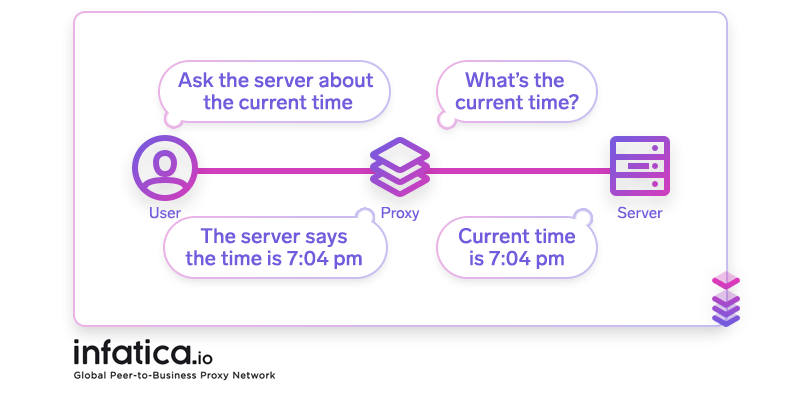
So when the web service responds to your request, it actually communicates with the proxy server. The user remains anonymous because their information stays hidden until the very end.
We can conclude that proxy servers are security tools. They can facilitate anonymous web browsing. For businesses, proxies also act as an additional security layer, helping to prevent data leaks and audit employee web usage, among other things.
Now, let’s review both cases: free and paid proxies.
Free Proxies Advantages
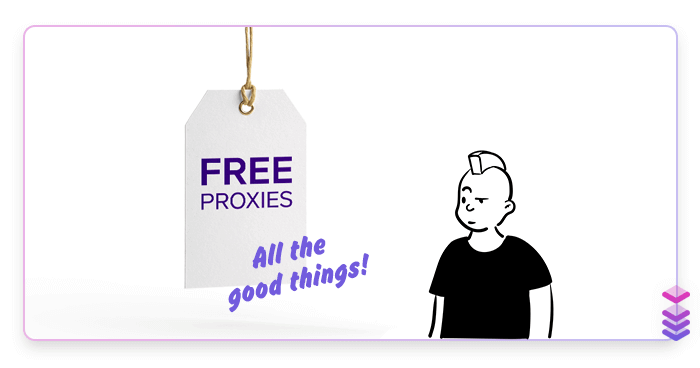
(Partially) free. It is self-explanatory: you do not have to pay at all. On the surface level, you get all the benefits for free… Well, we’ll address this notion later.
(Partial) anonymity. Naturally, even free proxies can offer (some degree of) anonymity. They hide your IP address when you go online. You just go to the proxy provider’s website and then enter the website the destination address. Then, the provider assigns you an IP address so that you can browse this website anonymously. However, you have to return to the providers’ website if you want to open another website, so you’re to go back to square one.
You can also find “free proxy lists” on Google. Select an address and location, copy and paste them in your browser’s proxy settings so that you can use this proxy address to access a website while your browser is open. Do note, however, that this option is only suitable for getting quick access to blocked content: using it on a regular basis isn't a sustainable strategy.
Accessibility and availability. Open proxies can be used by anyone. You can browse the web (somewhat) anonymously anytime you want.
Potential Risks Associated with Free Proxies
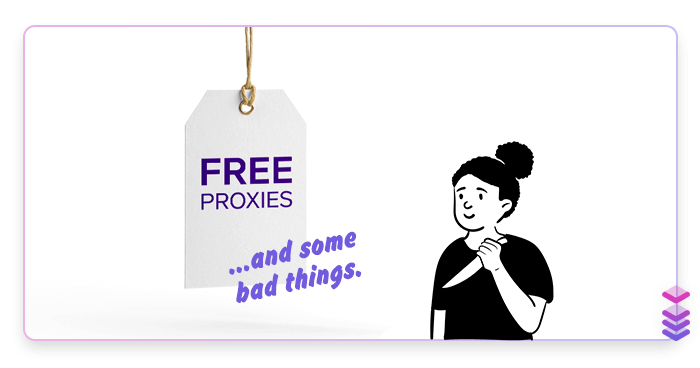
What are the potential risks of free proxies? Well, they aren’t truly “free”. Even though it’s tempting to try and save money (just a few dollars!), you might want to rethink this decision. What are the hidden costs that come with free proxies? Check out the following section to familiarize yourself with their disadvantages.
Little to no protection. Free proxies offer little to no reliable protection.. And who knows? A malicious third party might intercept your web traffic, so you have to be extra careful if you’re dealing with important data.
After all, you also cannot be certain about who’s controlling the proxy server. It might not only result in data theft, but also in data manipulation and destruction. There is also a likelihood of poor server configuration or malware.
Complete lack of encryption (converting plaintext into a secure ciphertext) is another problem. Without encryption, data will not be altered or appear random to unauthorized parties. You can easily see the danger: imagine someone stealing your credit card information, account information, and IP address. So, ignoring encryption means giving access to your personal data, which is supposed to be encrypted and saved. Again, it’s because your data will be written in plain, not in ciphertext.
Crashes and subpar support, if any. You also don’t get any customer support when using a free proxy. In case of system failure or virus infection, you can only rely on yourself. Additionally, free proxies are quite unreliable: they can crash at any moment because they’re often unable to handle traffic from countless users attracted by the flashing “FREE!” sign.
Free Proxies and Their Use Cases
The only sensible use case is as follows: you’re not planning to keep your sensitive information safe, so you don’t really care about security. Instead, you only want simple web browsing or information filtering (a good example would be blocking adult content).
Other than that, we can’t find any valid reason to use free proxies because they offer little to no protection, customer support, security, and privacy. After all, free proxies won’t be able to protect you from hacking attacks and cyber criminals stealing your or your company’s information (which may include intellectual property, customer data, patent info, and so on).
As you can see, the downsides outweigh the upsides. So why compromise your protection and safety to save a few dollars? Now, let’s see why you should be using paid proxies instead.
Paid Proxies Advantages
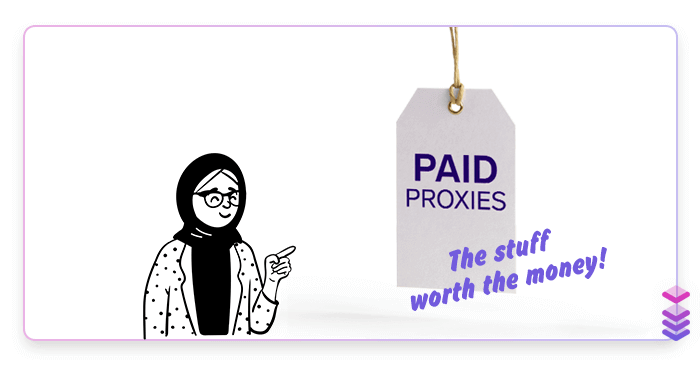
These proxies provide a plethora of advantages: in addition to those described above, they’re also able to provide custom parameters like access rate and region and response time, to name a few. Let’s take a look at their advantages.
(Better) protection and security. At a reasonable price, you’ll get a sufficient degree of protection. Paid proxy service providers can use improved security measures that protect the clients' devices from threats like malware.
(Better) anonymity. Paid proxy servers are even better at hiding your online activity to provide anonymity. Using a paid proxy, you can hide your IP address so that no one will be able to track it down (e.g. when conducting competitor research).
Reliability and speed. Free proxies are incredibly slow, especially when experiencing large volumes of traffic. As mentioned earlier, they attract more users, resulting in system crashes and downtime. This is not the case with paid proxy providers: you can rely on them for better speed and reliability as they offer a more robust infrastructure and less user traffic.
No annoying ads and popups. Okay, who can’t relate? Ads on free proxies are downright frustrating. They drain so much attention that browsing the web with ads is mentally exhausting. Maintenance of paid proxies, on the other hand, is funded by customers, not advertisers, so annoying ads and pop-ups aren’t a problem. Thus, it also results in a faster web performance.
However, keep in mind that shared proxies may also be subject to the same slow loading times that free services encounter: they can be quite busy with large number of users accessing its server simultaneously. Also, should just a single user do something illegal, it’s likely that the whole IP address pool will be banned as well. If you’d like to prevent this from happening, you might as well choose a private residential proxy at a fair price.
A Few Caveats of Paid Proxies

100% uptime is impossible... Unfortunately, paid services are also unable to guarantee an uninterrupted fail-secure connection. Occasionally, their servers may break down and their software may crash — so is the nature of technology (or, rather, the human nature that inevitably produces these errors). Then again, you can check the provider’s uptime statistics to see how reliable their platform is.
...and neither is complete privacy. You get a certain degree of privacy, but not complete privacy — you access the proxy and request information from the company that operates the proxy network you’re using. Unfortunately, some companies do not follow the no log policy: they save their users' online activity for various (in most cases, malicious) reasons.
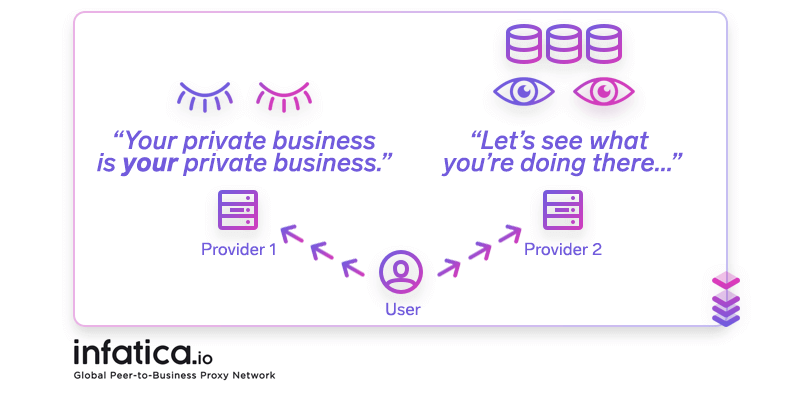
Naturally, with trustworthy proxy service providers, your personal information can only be accessed by the law enforcement with prior court request, if needed. Nevertheless, you can protect your true identity better with a paid proxy than with a free proxy.
Paid Proxies and Their Use Cases
For individuals:
- Education and research.
- Anonymous web browsing.
For Companies:
- Big data research, mining and scraping.
- Product research and development.
- Business and customer data protection and security...
- ...and many more.
Conclusion
Free proxies aren’t really "free". There is a huge price to pay for a very basic service. It’s also safe to say that they are less secured and offer no protection at all. With the threats everywhere and risks to security, private information, identity theft, and data breach, would you put trust your confidential information to a free service rather than pay for a reliable proxy service that offers far better protection and advantages? Well, it's up to you to decide.








